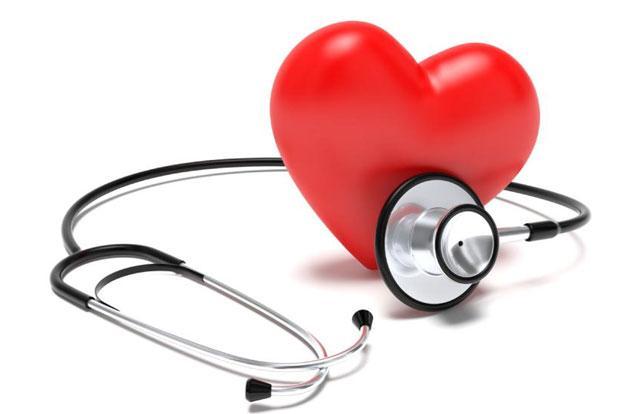9 Tips for a healthy heart
Apr 19, 2022
Your heart is one of the most important organs of the body. It is responsible for pumping blood to all parts of the body. The functioning and the health of the heart are of prime importance. The heart is also a complex organ that can get affected with unhealthy lifestyle habits. Hence it is imperative to lead a healthy and balanced life to ensure that your heart is in the best of health.
Healthy lifestyle makes our heart healthier. Below are some important 9 points in this context:
- Quit smoking
Smoking happens to be one big reason for a coronary heart disease. 1 year after quitting smoking, our risk of heart attack reduces to around 50% of that of a smoker.
- Remain active
Do a 150 minute moderate-intensity aerobic exercise every week. It could be cycling to work or any other activity. This shall lower the risk of developing heart disease.

- Managing weight
Becoming overweight raises the risk of heart disease. Adhere to a healthy and balanced diet which is low in fat & sugar with ample fruits and vegetables along with regular physical activities. We can find out our healthy weight with BMI calculator.
- Eat more fibre
Eating plenty fibre assists in lowering risk of heart disease, Whole meal bread, oats, potatoes , etc , have fibre.
- Fruits and vegetable
Take adequate amount and variety of fruits and vegetables every day.
- Reduce saturated fat
Eating food that are high in saturated fat raises cholesterol levels in our blood which raises our risk of heart disease. We should take leaner cut of meat and low fat dairy products.
- Reduce salt
For maintaining healthy blood pressure, we should avoid taking salt at table and take less salt in our cooking. A food has high salt if it has over 1.5 g salt or 0.6g sodium per 100 g. An adult should take less than 6g salt per day in total which is around 1 teaspoon.
- Eat fish
Try eating fish at least twice in a week along with oily fish. Fish like sardines, mackerel, salmon and fresh tuna comprise of omega-3 fats that protect from heart disease. Pregnant or a breast feeding lady should not take more than 2 portions of oily fish in a week.
- Cut down on alcohol
Alcohol has calories. Regular drinking is risky for the health of our heart. Hence cut down on drinking alcohol or quit it.









